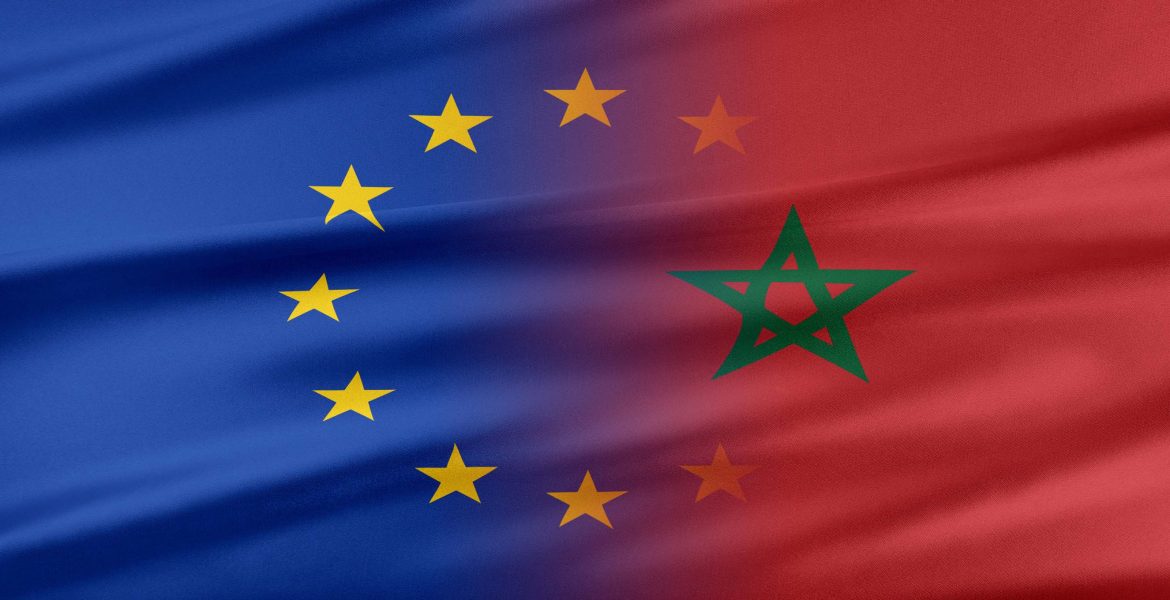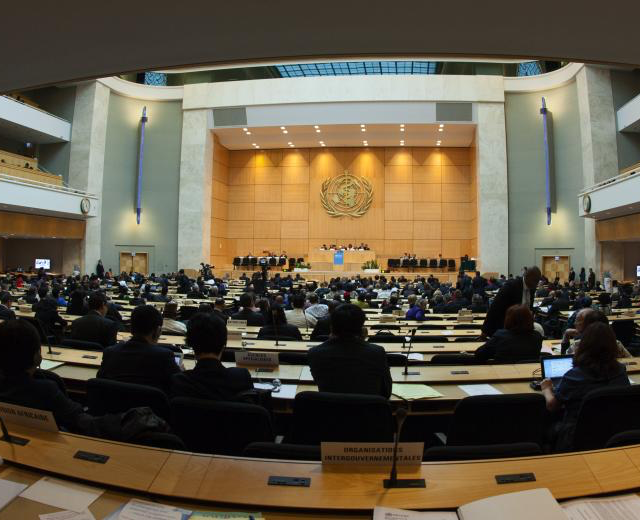Last week the European Court of Justice issued a decision on legal actions for annulment brought by the separatist terrorist organisation Polisario against two Council decisions concerning the conclusion of agreements between the European Union and Morocco.
The agreements concern EU imports of agricultural products originating in Morocco and sustainable fisheries. Polisario lodged the applications in 2019, requesting annulment of the decisions.
They claim to act ‘on behalf of the Sahrawi people’, and that decisions were taken without the consent of the people of Western Sahara, thereby infringing the European Union’s obligations in the context of its relations with Morocco under EU and international law.
Bizarrely, the Court ruled that the Council did not sufficiently take into account all the relevant factors relating to the situation in Western Sahara and wrongly considered that it had a degree of discretion in deciding whether to comply with that requirement. This called into question the legality of the agreements at issue. It is unclear why the Court is straying into the realm of foreign and security policy.
Commenting on this decision of the court, the European Commission stated that it took note of the judgements delivered and confirmed that they will take the necessary measures to ensure the legal framework guaranteeing the continuation and stability of trade relations between the European Union and the Kingdom of Morocco.
They also stated that they remain fully mobilised to continue cooperation between the EU and Morocco, in a climate of serenity and commitment. The strategic and equal partnership between the EU and Morocco is based on a solid bilateral relationship, founded on trust and mutual respect.
The European Parliament has consistently supported the agricultural and fisheries agreements between the EU and Morocco. Several MEPs expressed regret concerning the Court’s decision, and reaffirmed support for the EU’s strategic partnership with Morocco. Members speaking out criticising the Court’s decision included Frédérique Ries, Petar Vitanov, Andrey Kovachev, Ilhan Kyuchyuk, Tomáš Zdechovský and László Trócsányi.

“The EU court’s decision cannot impact strategic relations, bring uncertainty to businesses and harm the local population. The Polisario is a destabilising element in the region. It has neither the legitimacy nor the representative capacity to attack the EU-Morocco agreements.”
Anna Fotyga MEP
The Court’s decision does not change the reality that Polisario is recognised neither by the EU and its member states nor by the UN. It is an armed terrorist separatist organisation threatening the security of the Maghreb, the Sahel and Europe.
The Tribunal’s decision is not final. An appeal to the European Court of Justice is very likely.
In the meanwhile, it would be prudent for the European Commission and the Council to take robust action to defend the interests of a strategic partnership for the EU and Morocco, the only reliable partner in Europe’s southern neighbourhood.




